Coruja é resgatada após ficar "gorda demais" para voar
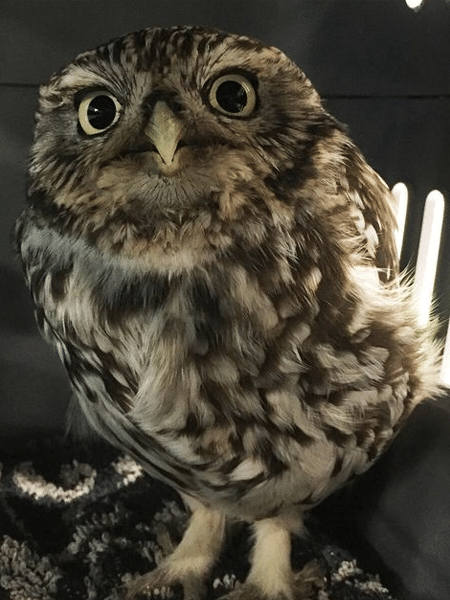
Uma coruja foi resgatada no Reino Unido por ser considerada "gorda demais" para voar, de acordo com uma instituição de resgate.
O animal chegou ao santuário Suffolk Owl trazido por um homem, que tinha encontrado a coruja encharcada na região de Stonham Aspal. Ao examinarem o animal, os veterinários descobriram que ela era "extremamente obesa" e "incapaz de voar de maneira eficaz".
A equipe da instituição ficou muito surpresa, pois ao verem o animal, achavam que tratava-se de uma fêmea adulta, forte, quando na verdade era uma coruja menor e mais nova.
O santuário optou por mantê-la no local para submetê-la a uma rígida dieta. O objetivo era reduzir seu peso de 245 gramas para um "peso natural". Ela conseguiu perder até 30 gramas e foi devolvida à natureza.
"Onde ela foi encontrada é uma terra muito produtiva, e tem sido um inverno ameno e há muita comida por aí - ratazanas, ratos", disse o criador de falcões, Rufus Samkin.
"Achamos que ela se saiu incrivelmente bem. Esperamos que ela tenha aprendido a manter seu peso para que ela possa escapar dos predadores", completou ele.





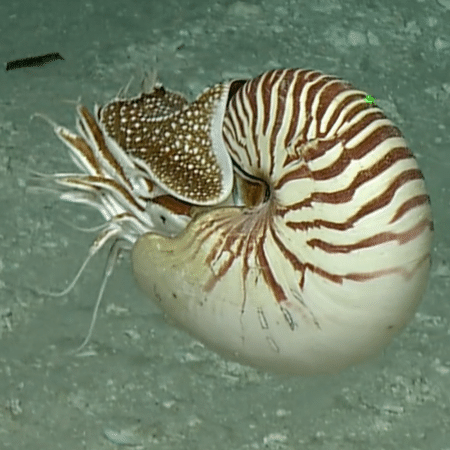

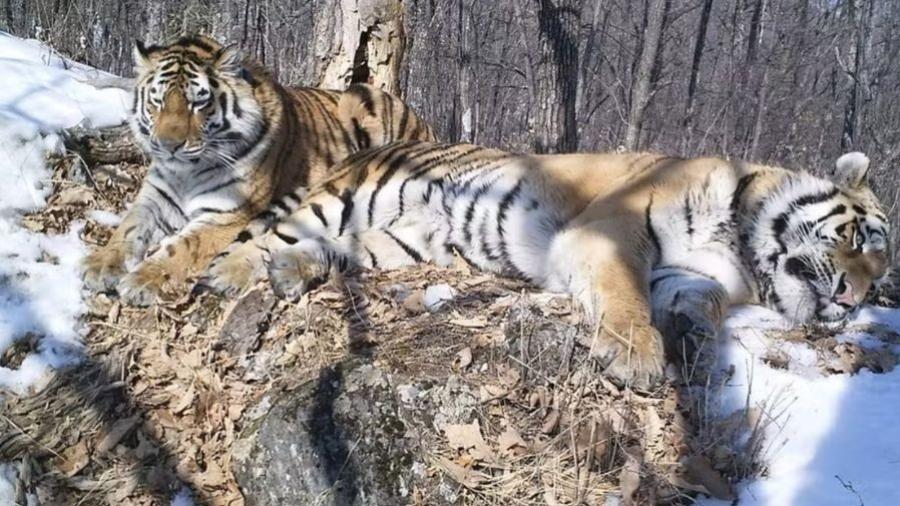
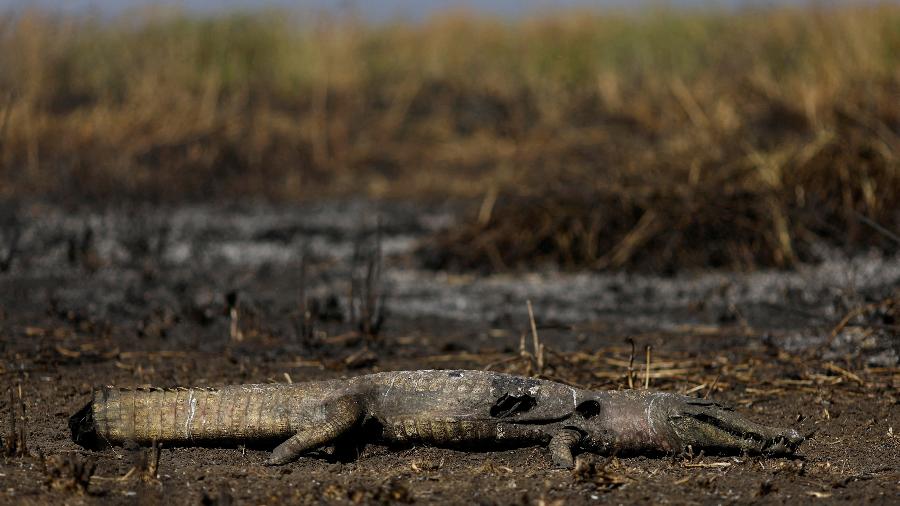
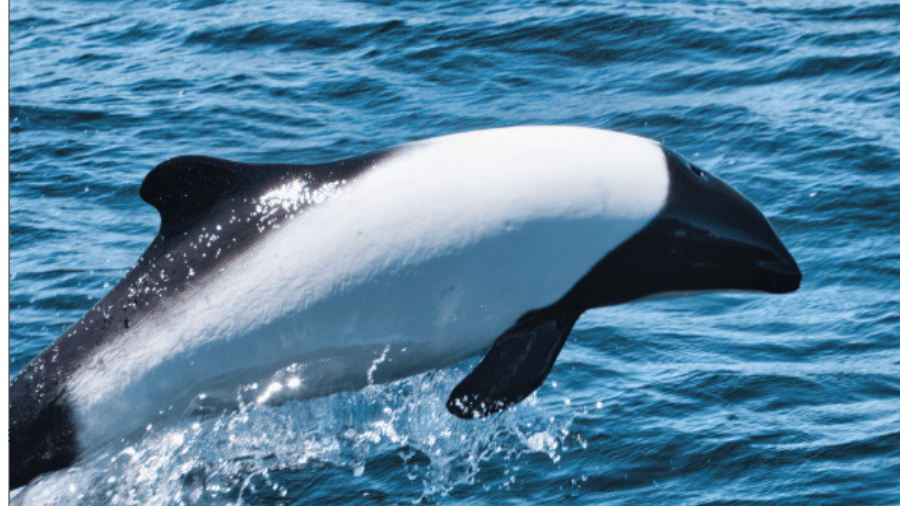

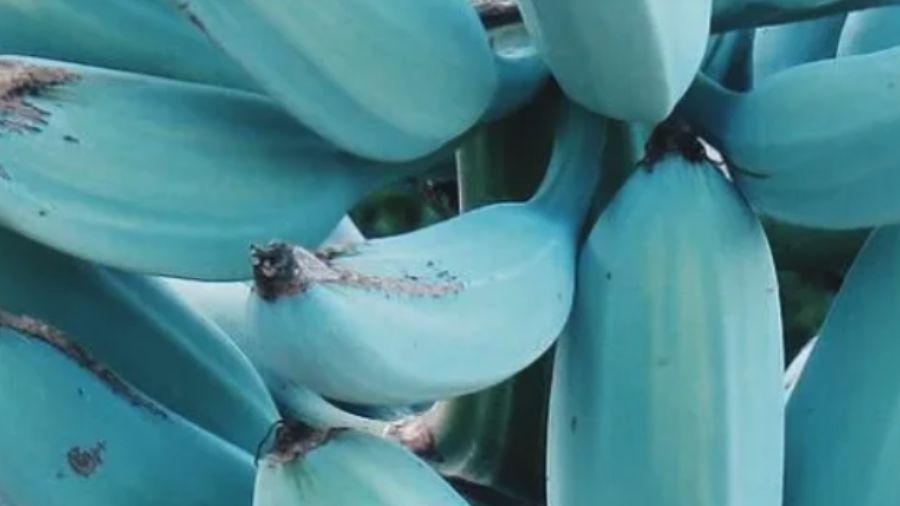
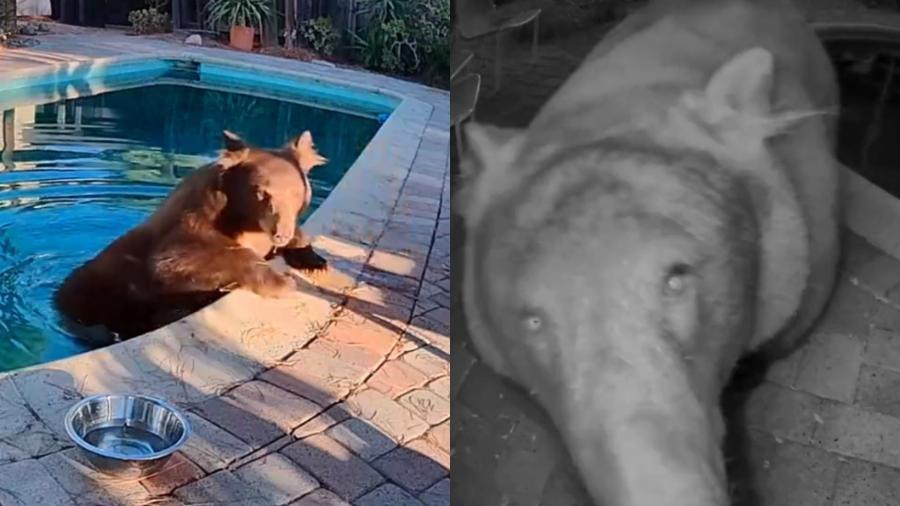


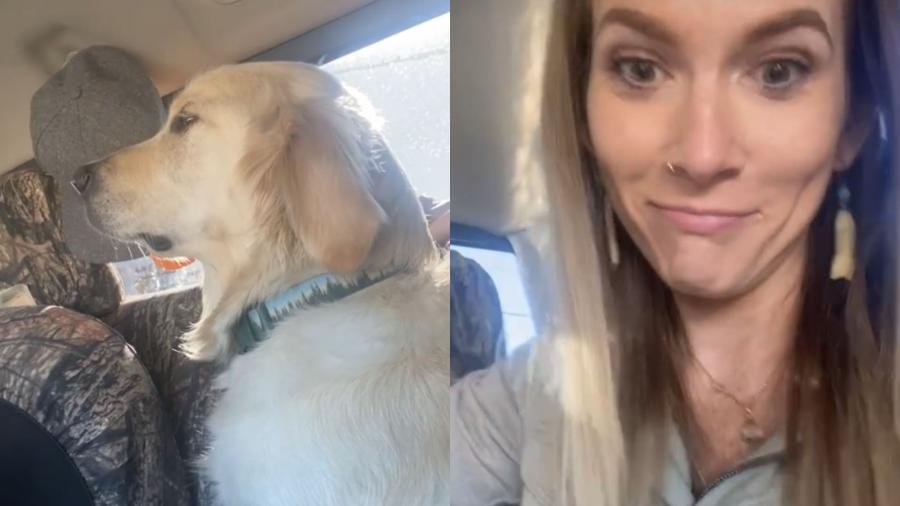
ID: {{comments.info.id}}
URL: {{comments.info.url}}
Ocorreu um erro ao carregar os comentários.
Por favor, tente novamente mais tarde.
{{comments.total}} Comentário
{{comments.total}} Comentários
Seja o primeiro a comentar
Essa discussão está encerrada
Não é possivel enviar novos comentários.
Essa área é exclusiva para você, assinante, ler e comentar.
Só assinantes do UOL podem comentar
Ainda não é assinante? Assine já.
Se você já é assinante do UOL, faça seu login.
O autor da mensagem, e não o UOL, é o responsável pelo comentário. Reserve um tempo para ler as Regras de Uso para comentários.